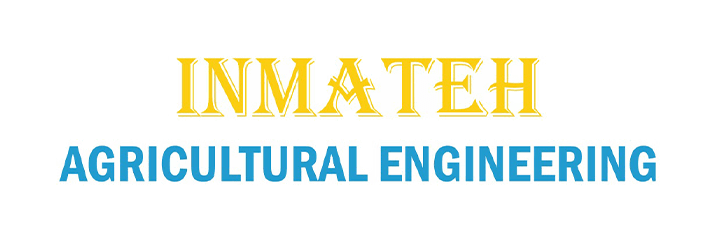HYDROPONIC VERTICAL SYSTEMS: ENHANCING CLIMATE RESILIENCE, WATER EFFICIENCY, AND URBAN AGRICULTURE
SISTEME VERTICALE HIDROPONICE: INTENSIFICAREA REZISTENȚEI LA CLIMĂ, EFICIENȚEI APEI ȘI AGRICULTURII URBANE
DOI : https://doi.org/10.35633/inmateh-73-08
Authors
Abstract
This paper explores hydroponic vertical systems as a sustainable solution to modern agricultural challenges, particularly those posed by climate change. Hydroponics, a method of growing plants without soil using nutrient-rich water solutions, offers significant advantages over traditional farming. Vertical systems maximize space efficiency by growing plants in stacked layers, making them ideal for urban environments with limited space. These systems provide a controlled environment that mitigates the impacts of extreme weather, ensuring consistent crop production. The paper reviews various hydroponic techniques, including deep water culture, nutrient film technique, flood and drain, and drip irrigation. It highlights the efficiency of water use in hydroponics, crucial for areas facing water scarcity. Advanced technologies, such as sensors, automated nutrient delivery, and LED lighting, are employed to optimize growing conditions, enhance resource use efficiency, and improve crop yields. LED lights, in particular, offer energy efficiency, customizable spectra, and low heat output. Mathematical models are used to maximize plant development and resource efficiency, providing a framework for understanding plant-environment interactions. Despite high initial setup costs and the need for technical expertise, hydroponic systems present long-term economic and environmental benefits. This paper underscores hydroponic vertical systems' potential to revolutionize urban agriculture, ensuring food security and sustainability amidst climate change challenges.
Abstract in Romanian





